 Simon White is a Co-Founder and Director of Kanapu Hemp Foods Limited New Zealand. Simon has spent the last 9 years running the family farm in Otane, CHB.
Simon White is a Co-Founder and Director of Kanapu Hemp Foods Limited New Zealand. Simon has spent the last 9 years running the family farm in Otane, CHB.
The Whites grow a range of processed crops, speciality seed crops and animal grain crops, also finishing beef and lamb. Simon will be speaking about his involvement with Industrial Hemp and its capabilities.
The Hemp plant has been a part of this world for more than 10,000 years which puts it into the range of one of the oldest known human agriculture crops to be harvested. As explained by Richard Hamilton on sustainable agriculture “Modern humans emerged some 250,000 years ago, yet agriculture is a fairly recent invention, only about 10,000 years old as well. Agriculture is not natural; it is a human invention.”
 Varieties of Cannabis sativa (Industrial Hemp) that contain no, or very low levels of, THC are commonly referred to as hemp or industrial hemp. Hemp has typically been used for industrial purposes, such as textiles, fibres, paper, building materials.
Varieties of Cannabis sativa (Industrial Hemp) that contain no, or very low levels of, THC are commonly referred to as hemp or industrial hemp. Hemp has typically been used for industrial purposes, such as textiles, fibres, paper, building materials.
Over time, the use of industrial hemp has evolved into an even greater variety of products. The global market for hemp consists of more than 25,000 products in nine submarkets, agriculture and textiles, recycling and automotive, furniture, food and beverage, paper and construction, cosmetics and medicine.
“At a time when I was looking for alternative crops to fit into our cropping rotation that I researched Industrial Hemp. The properties of the plant started to fit more into the category of what we were after in a new crop: environmentally enhancing, nutritionally beneficial, minimum tillage or no tillage, short crop (100days).
The opportunities for food, fibre and medicine into a global rising market at a CAGR of 14% saw us develop a partnership, establish a company and now have a vision of being New Zealand’s leading Hemp foods company transforming the health and wellbeing of all New Zealanders through production, manufacturing and distribution of high quality functional hemp food ingredients in New Zealand.”
Want to know more?








 This presentation will cover the updated fertiliser recommendations for vegetable crops in New Zealand, and the concepts behind them.
This presentation will cover the updated fertiliser recommendations for vegetable crops in New Zealand, and the concepts behind them. With such a variety and high calibre of speakers it should be a very engaging two days. More
With such a variety and high calibre of speakers it should be a very engaging two days. More 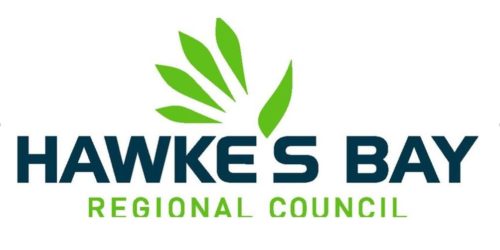
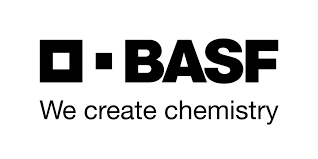
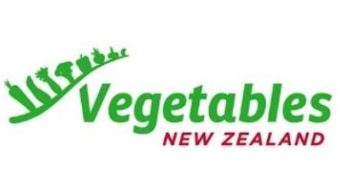
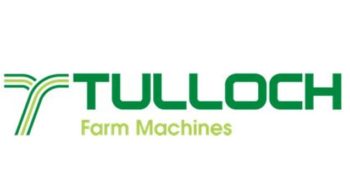
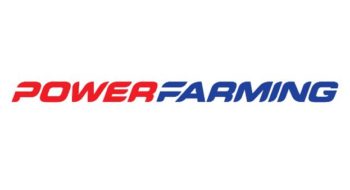
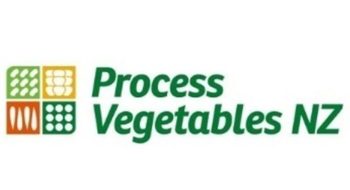
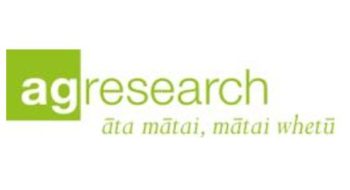

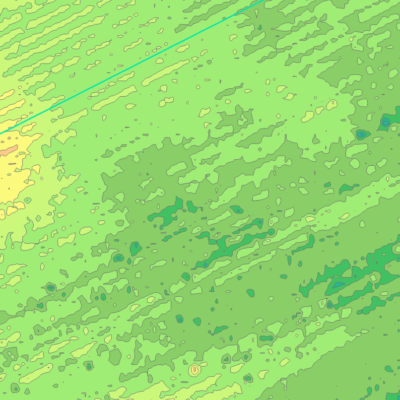
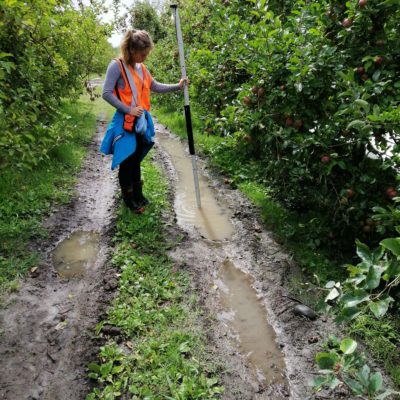























 We are delighted that
We are delighted that 
